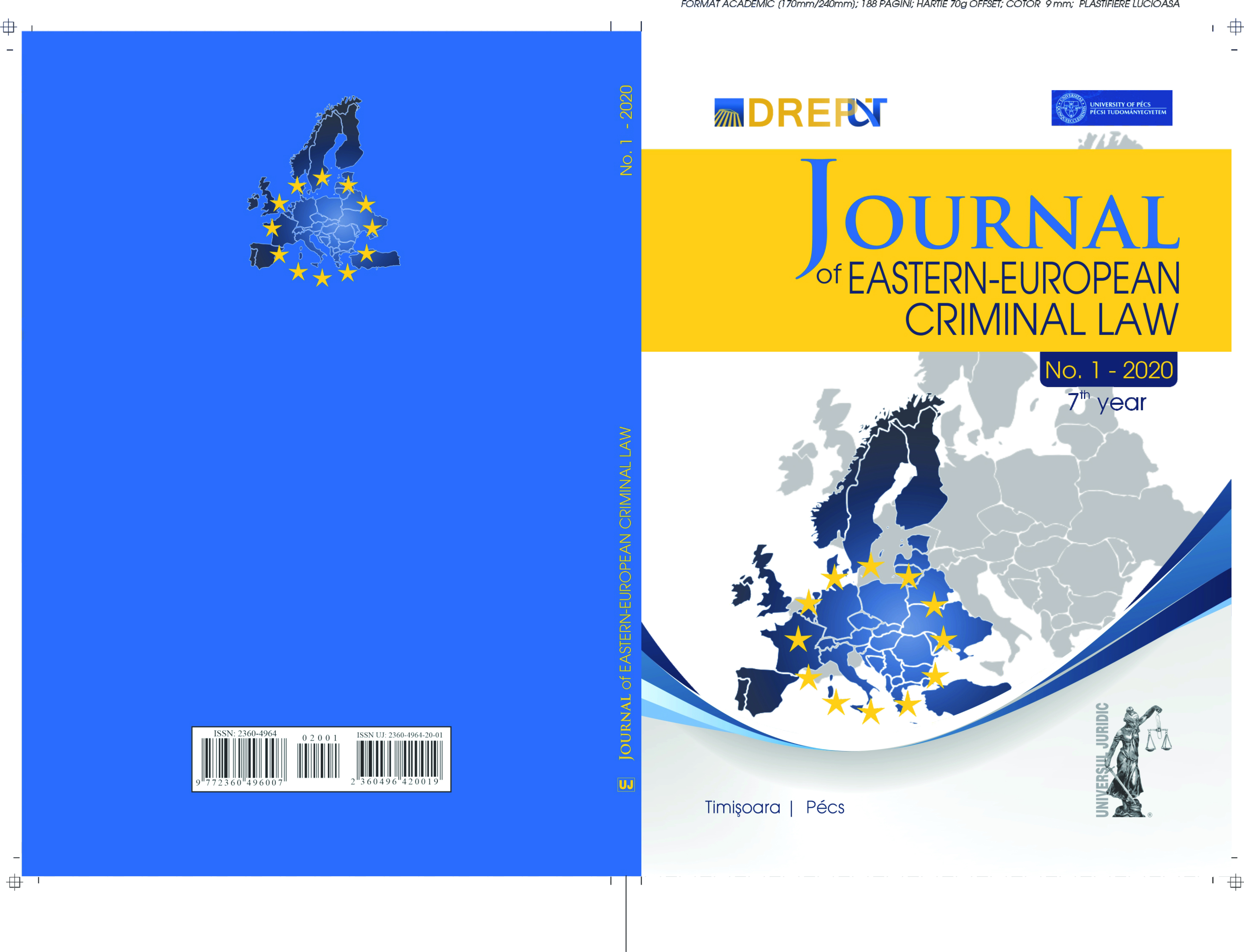Far and Beyond Territory. Lessons for the EU from the US Legal Practice
Far and Beyond Territory. Lessons for the EU from the US Legal Practice
Author(s): Flaviu CiopecSubject(s): Law, Constitution, Jurisprudence, Civil Law
Published by: Universul Juridic
Keywords: extraterritoriality; FCPA 1977; international corruption; US standards; European criminal law;
Summary/Abstract: The principle of extraterritoriality in the US law gives the United States the power to enact (legal) standards that may apply to non-US legal subjects, as well. This is particularly the case of international corruption, where the American standards have been settled through the application of the Foreign Corrupt Practices Act (“the FCPA”) of 1977. The present study explores the essentials of the FCPA addressing extraterritoriality as a legal principle in order to reveal the former’s impact on the architecture of European criminal law. The FCPA imposes inter alia criminal and civil liability for (i) the bribery of foreign (i.e. non-US) officials; (ii) the failure of issuers’ to maintain books and records that accurately reflect the disposition of company assets; and (iii) the failure of issuers’ to institute proper internal controls concerning the authorization of transactions. The extraterritorial effect of the FCPA may manifest itself by that “covered entities” (i.e. parent issuer corporations and joint venture partners) can be held civilly and criminally liable for improper payments made by their subsidiaries or joint ventures. Such liability becomes possible if, for example, the issuer’s subsidiary or joint venture makes improper payments, and the parent, member of the joint venture, or its employees “authorized, directed, or controlled the activity in question”. Several European companies have been sanctioned on the FCPA basis: Siemens in 2008, Daimler and Alcatel in 2010, Alstom in 2014, Rolls-Royce in 2017, Ericsson in 2019 and Airbus in 2020. To date, the European Union does not practice its own extraterritoriality, or at least an extraterritoriality equivalent to the United States. It appears that this principle of extraterritoriality, when used as an economic or diplomatic tool, damages European companies and directly affects the sovereignty of the EU member states.
Journal: Journal of Eastern European Criminal Law
- Issue Year: 2020
- Issue No: 01
- Page Range: 147-164
- Page Count: 18
- Language: English
- Content File-PDF

